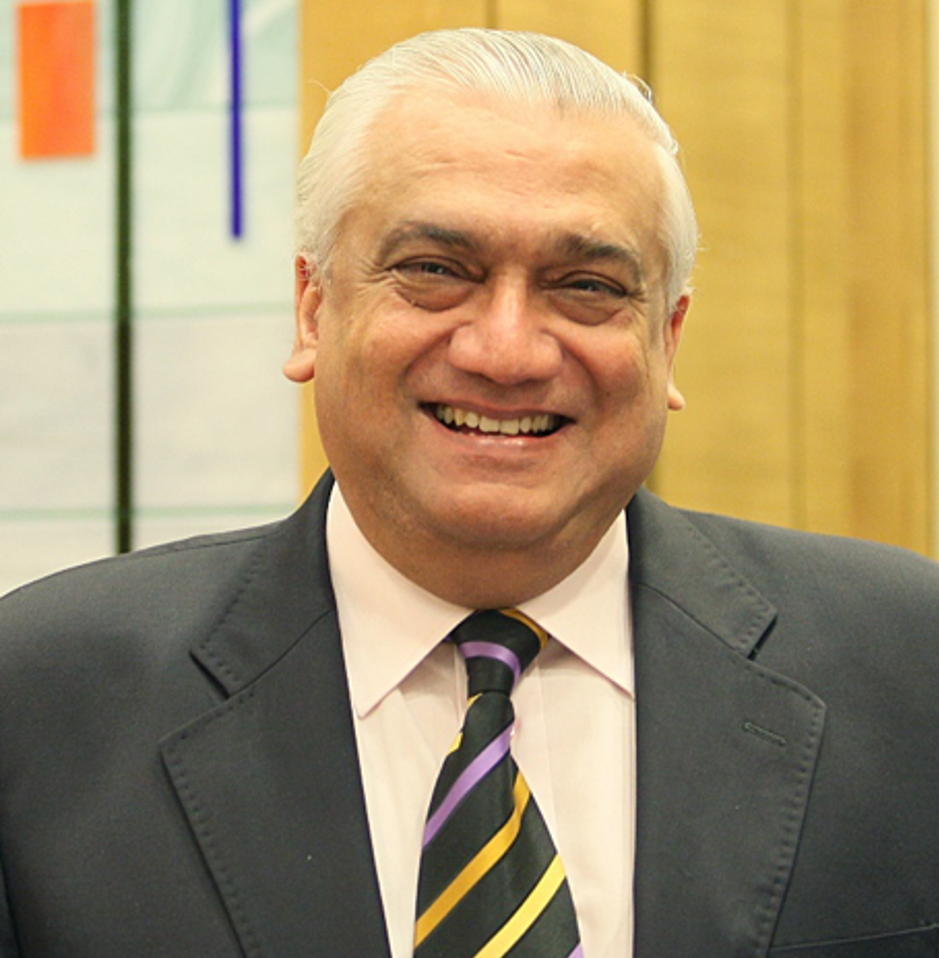The Horn of Africa is home to Djibouti, Eritrea, Ethiopia, Kenya, Somalia, Sudan, South Sudan and Uganda. The region sits astride the strategic shipping lanes linking Asia and Africa, connecting the Suez Canal, the Mandab Strait, the Mediterranean Sea, the Red Sea, and the Indian Ocean. For thousands of years, the Horn has long been in contact with the Arabian Peninsula and southwestern Asia. The Gulf countries and peoples in particular have maintained close political, religious, social and cultural ties with the Horn of Africa.The Red Sea, a narrow body of water, connects the Indian and Mediterranean Oceans and is the crucial commercial link for the transportation of goods between the East and the West. Hence, the choke-points of the Bab al-Mandab and the Suez Canal have a substantial strategic significance, both regionally and globally. The Red Sea also abuts several states on its eastern and western shores – Egypt, Israel, Jordan, Saudi Arabia and Yemen in the East, and Egypt, Sudan, Somalia, Eritrea and Djibouti, on the West, with Ethiopia being separated from the sea by a narrow sliver of Eritrean territory. Many of these states have a long history of domestic turmoil and conflicts with neighbours.Due to the imbalanced character of the region’s natural resources, strategic significance, political and social instability, weak economies, fragile regimes, and grave civil conflicts, the Horn of Africa has attracted outside powers seeking to fill power vacuums, transposing their rivalries to the region through direct presence or through proxies. In the era of sectarian conflict and zero-sum game struggles, competition among West Asian states – aligned in diverse groupings – has had spill-over effects in the Horn. World powers, meanwhile, have added to the interlocking threads of conflict and cooperation. The United States, the United Kingdom, the European Union, Russia, China, India and Japan, all have geopolitical and geo-economic interests in the Horn, spawning both conflictual confrontation and cooperative endeavour.In the backdrop of the Russia-Ukraine conflict and the COVID-19 pandemic, the Horn of Africa has been facing crises of its own: serious drought, soaring food prices, environmental degradation, sluggish economic growth and humanitarian crises.The Horn of Africa, therefore, has become a new platform for the Gulf countries and global powers to compete and cooperate in security, strategic outreach, development and governance. This raises a range of critical questions: What are the major developmental and security issues facing the Horn of Africa, and how do these impinge on governmental policy there? What factors are shaping the growing engagement of Gulf countries in the affairs of the Horn of Africa? What are the multilateral institutions and frameworks through which the involvement of outside powers with Horn of African countries is mediated? What is the nature of the military presence which Gulf and world powers have developed in the region, and what are the objectives of these? How is governance in the Horn of Africa countries being affected by the growing Gulf state engagement in the region?These, then, are the issues at the heart of the proposal which is being put forward and which are intended to form the foci of discussion. The emphasis is on attracting new research, putting the spotlight on dimensions of trans-regional competition and cooperation. We wish to encourage strong participation from the Horn of Africa countries themselves, as well as from Gulf countries and elsewhere.
Workshop









